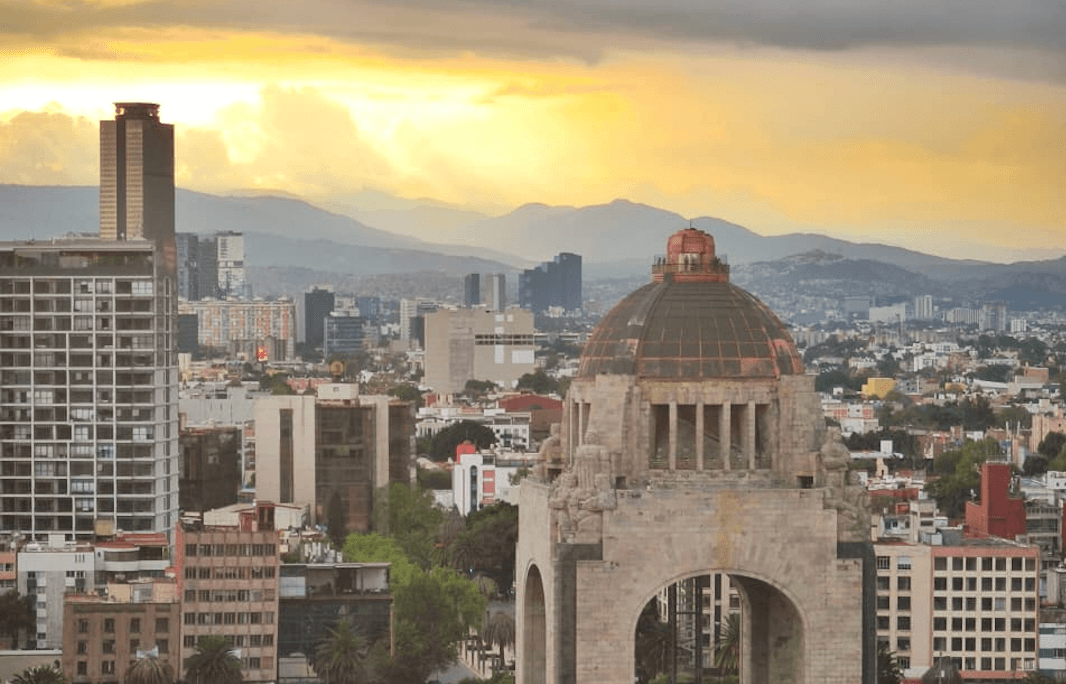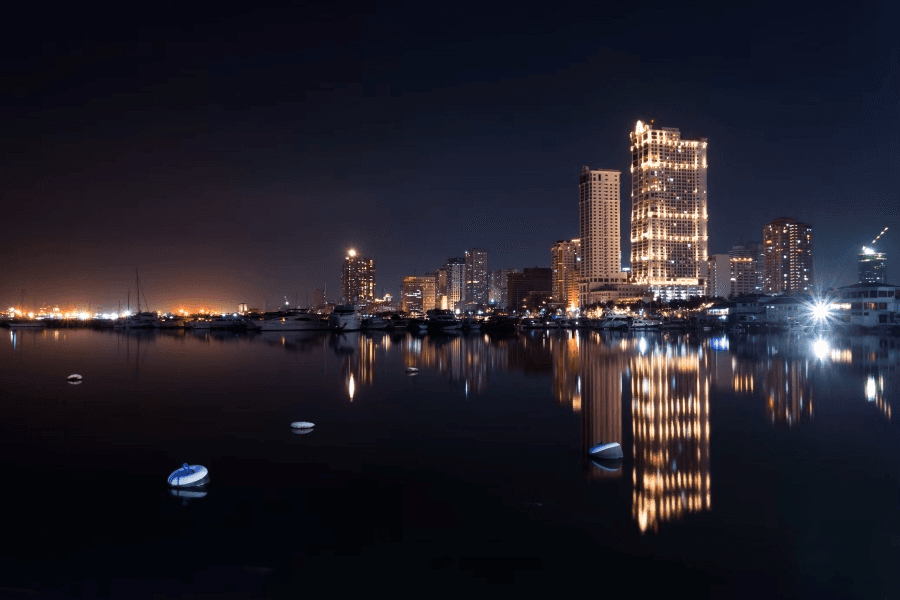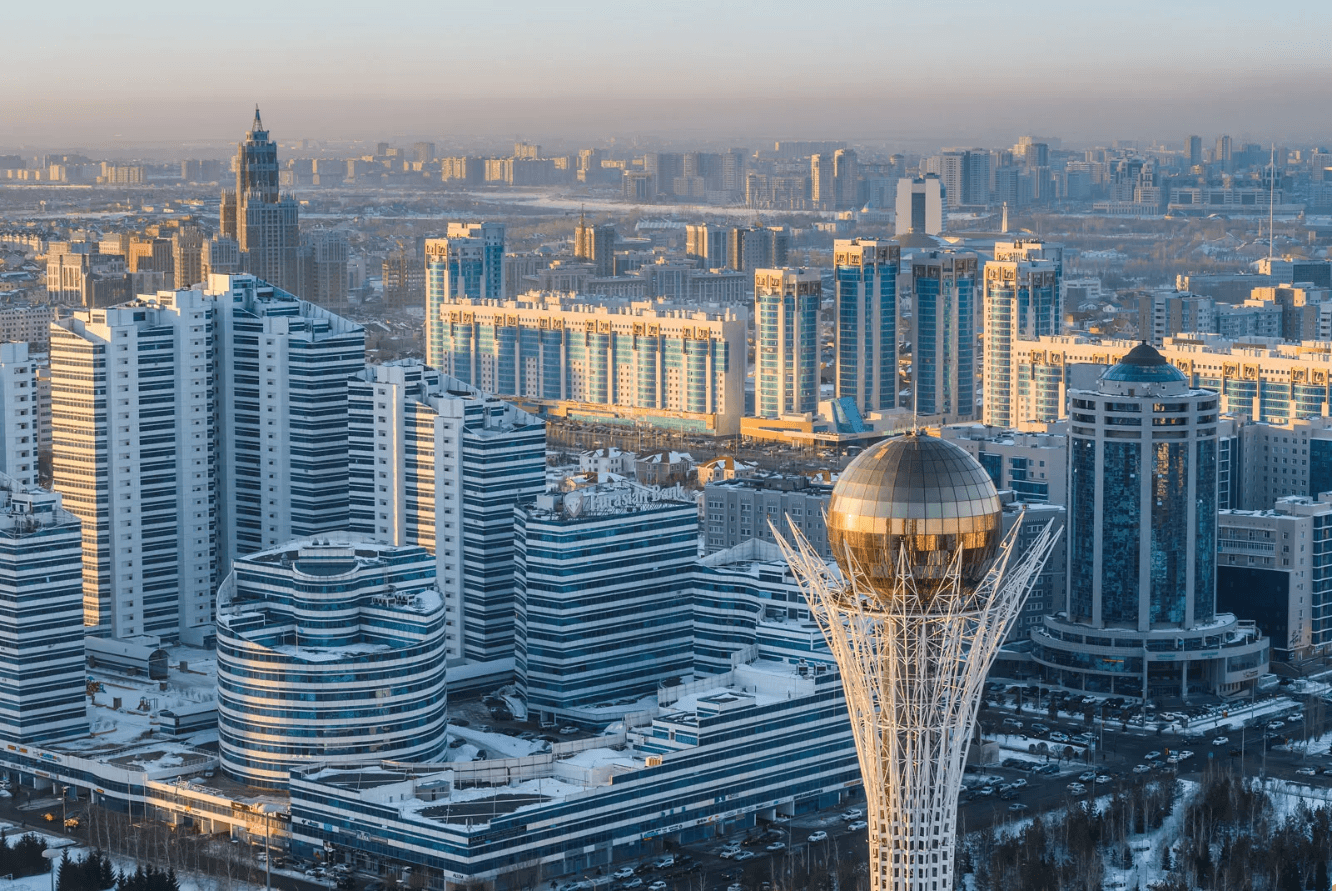
The reports said that the ceremony saw Anutin pledge to serve with integrity and loyalty before a portrait of the king. His family members, senior Bhumjaithai figures, and political allies from coalition parties attended the proceedings.
Election ends political deadlock
The appointment brings an end to weeks of uncertainty after the Constitutional Court removed Paetongtarn Shinawatra from office for ethics violations. Her dismissal dissolved the Cabinet and triggered the vote for a new prime minister.
Local media The Nation reported that Charnvirakul secured 311 votes out of 490 in the House of Representatives, comfortably surpassing the required threshold. His victory was enabled by support from the opposition People’s Party, which backed him in exchange for a commitment to dissolve parliament and call fresh elections within four months.
The outcome was a blow to the ruling Pheu Thai Party, which had been historically dominant under the Shinawatra family. Thaksin Shinawatra, who has long been a towering figure in Thai politics, left for Dubai shortly before the parliamentary vote, deepening speculation about his waning influence.
Casino legalisation pushed aside
Charnvirakul’s rise has immediate implications for Thailand’s stalled casino policy. The previous administration had backed the Entertainment Complex Bill to allow casinos within large entertainment complexes, arguing it could boost tourism and keep gambling revenues inside the country.
The proposal was dropped from the House agenda in July after public opposition and pressure from conservative groups. Charnvirakul, a vocal critic of casino liberalisation, was among those who opposed the plan, blaming it for deterring Chinese visitors. With his leadership now confirmed, the likelihood of casino legislation resurfacing in the near term appears slim. Both Bhumjaithai and the People’s Party have made clear they do not intend to revive the bill.
Political veteran takes the helm
At 58, Charnvirakul brings decades of political experience to the role. According to a PR Thai Government Facebook post, he is the eldest son of the former Interior Minister Chavarat Charnvirakul. He studied engineering in the United States before entering politics in the mid-1990s. He served in multiple ministerial positions, including as health minister during the Covid-19 pandemic, and has led Bhumjaithai since 2012.
He is regarded as a pragmatic dealmaker who has successfully steered his party into coalition governments regardless of which faction held power. His campaign to decriminalise cannabis, which led to thousands of retailers opening across the country, demonstrated his ability to push through contentious reforms.
Challenges ahead
Charnvirakul takes charge of a country facing a weak economy, rising household debt, and an electorate weary of constant political upheaval. While his alliance with the People’s Party secured him the premiership, their decision to remain in opposition leaves him heading a minority government. Analysts suggest his ability to manage this fragile arrangement will determine whether he can maintain stability long enough to deliver on his promise of elections within four months.



 2025-09-08
2025-09-08















